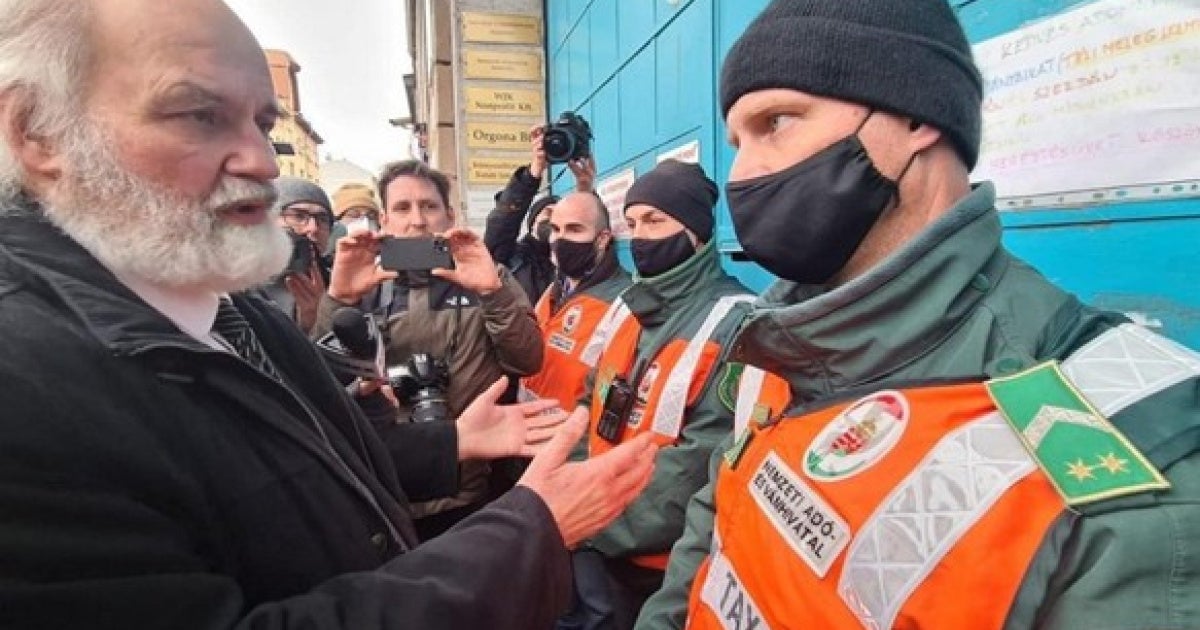Instead of supporting those who fill the gaps left by Hungary’s crumbling public services and social security system, the government is prosecuting them. On November 3, prosecutors charged Pastor Gábor Iványi, who has long defended the rights of people living in poverty, with “group-committed violence against an official person” in connection with a February 2022 raid by the tax authority on the Budapest homeless shelter his church operates.
The Hungarian Evangelical Fellowship, part of the Methodist Church, which Iványi heads, provides shelter, food, and education in a manner that respects human dignity to those left behind by the state. It runs shelters, schools, and social programs that serve thousands of people across the country, offering vital support to families, children—including children with disabilities—and individuals experiencing poverty and social exclusion.
The fellowship’s social and humanitarian work has made it a frequent government target.
Human Rights Watch has previously reported on the government’s harassment of Iványi and his church, documenting how authorities sought to obstruct their humanitarian work and close down their activities, including, in 2024, three schools for children from low-income households.
In 2011, Viktor Orbán’s government stripped the church of its official status in a move the European Court of Human Rights later ruled unlawful. Since then, the government has withheld substantial funds that the court had ordered be paid, and under subsequent judgments, to the Hungarian Evangelical Fellowship and other faith groups, while repeatedly subjecting the church to financial and administrative harassment.
The prosecution of Iványi and interference with his church’s work is part of a wider pattern of the Hungarian government targeting human rights defenders working with migrants, asylum seekers, refugees, people experiencing poverty or homelessness, children with disabilities, and lesbian, gay, bisexual, and transgender (LGBT) people. Instead of supporting those who provide services where the state has failed to meet its rights obligations, the government has sought to discredit, defund, and in some cases prosecute them.
The Hungarian authorities should immediately drop the charges against Iványi, end all forms of harassment against his church, and pay what is owed under the European Court’s ruling. The government should also restore the church’s legal status and ensure that its humanitarian and social work can continue free from political interference.



